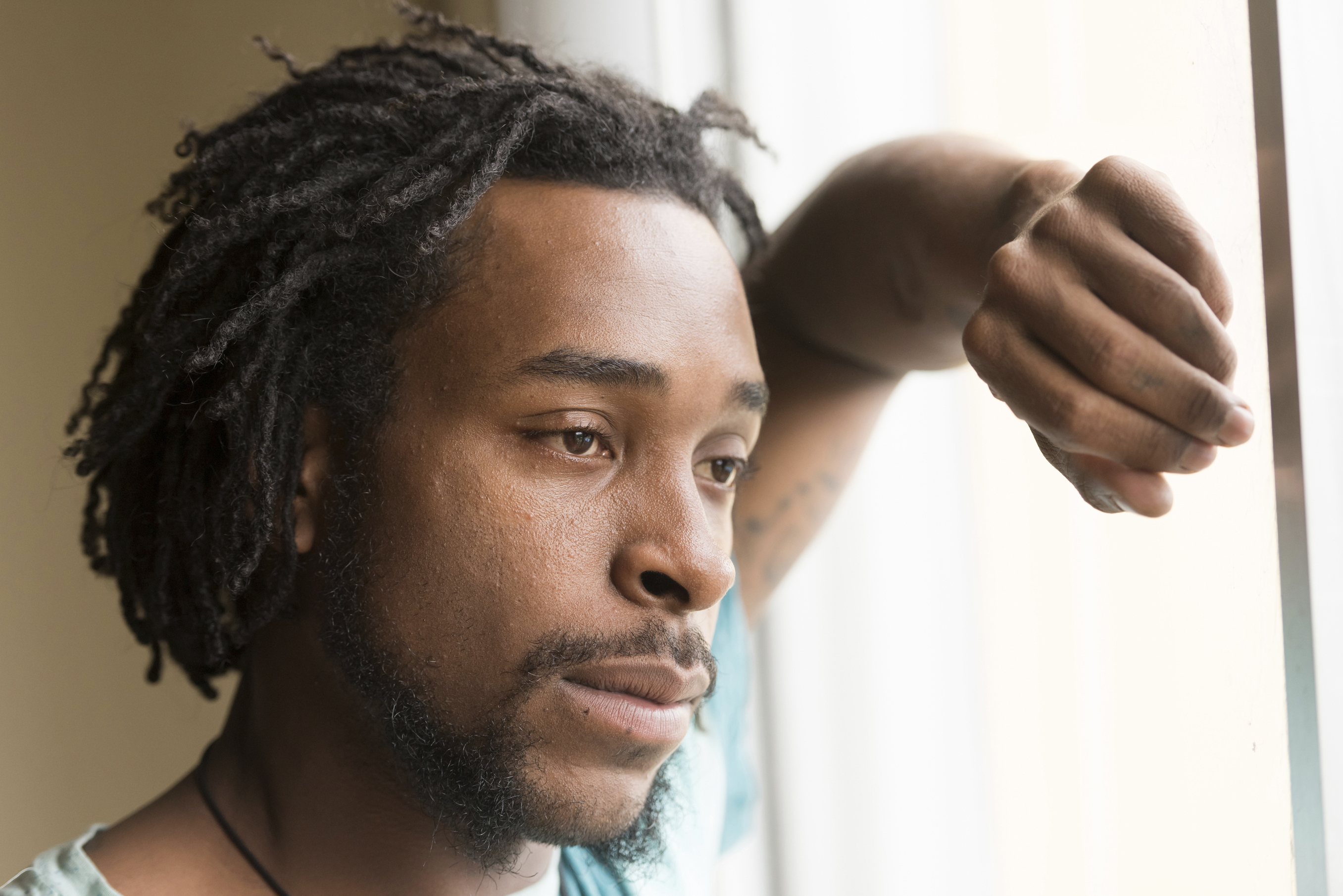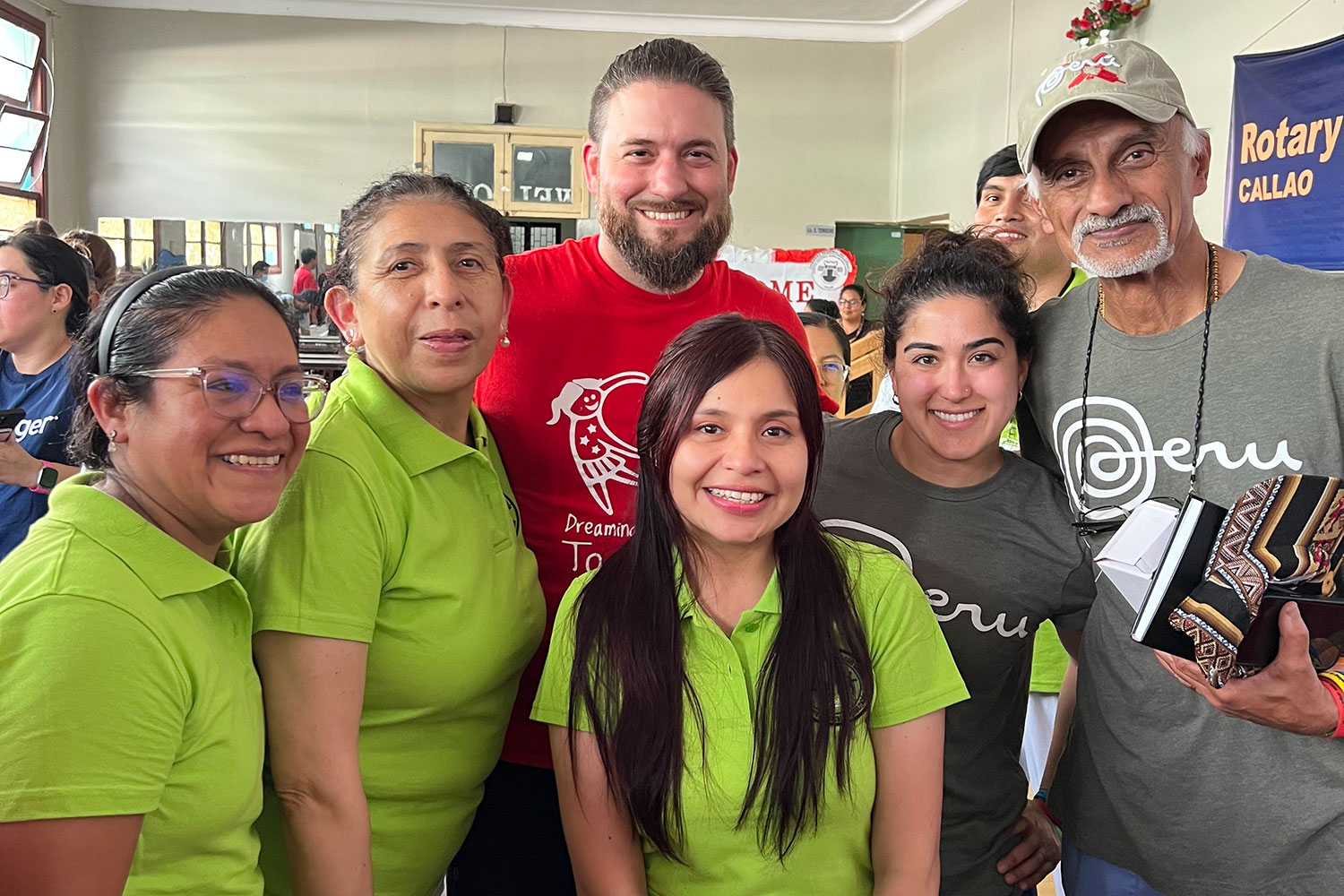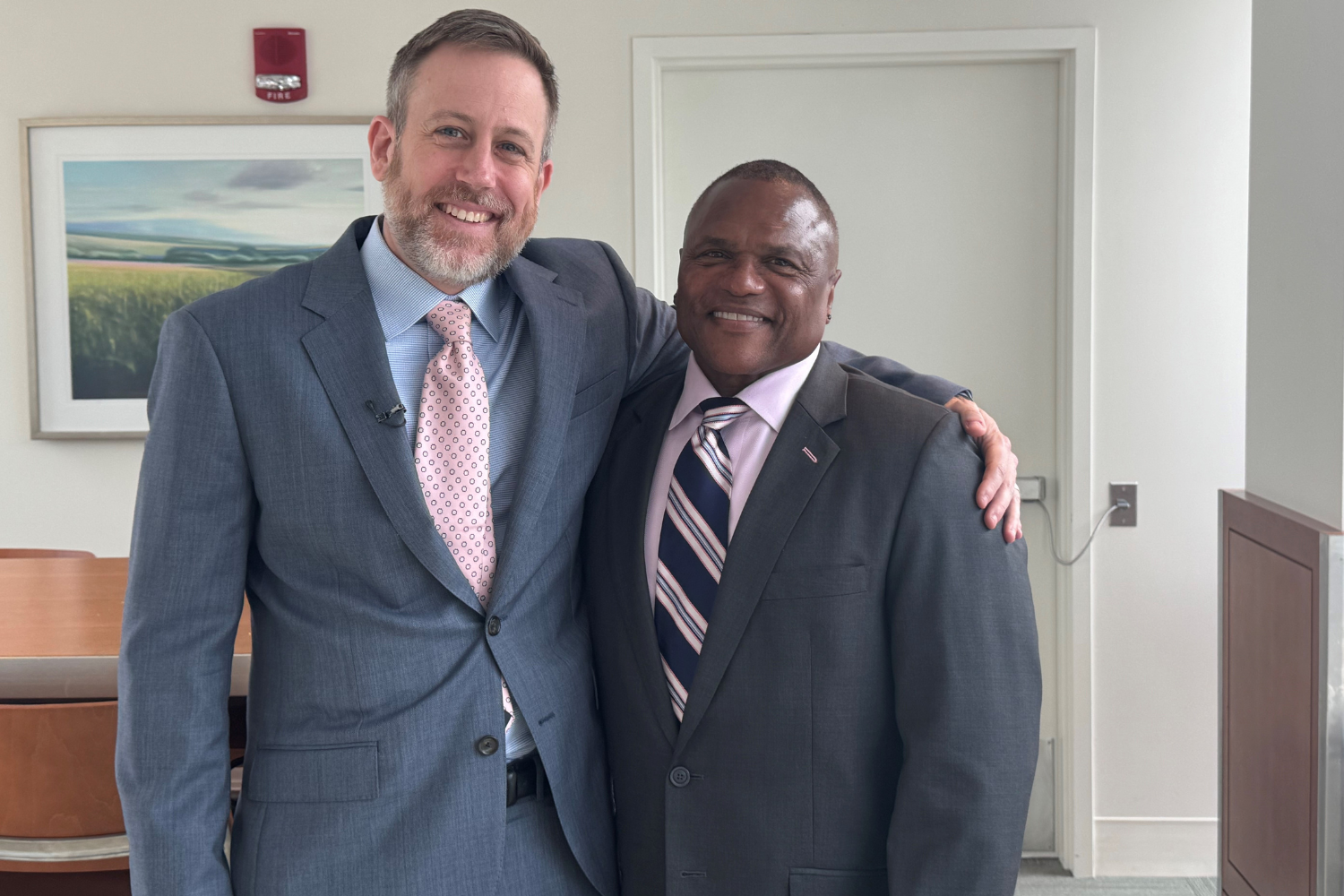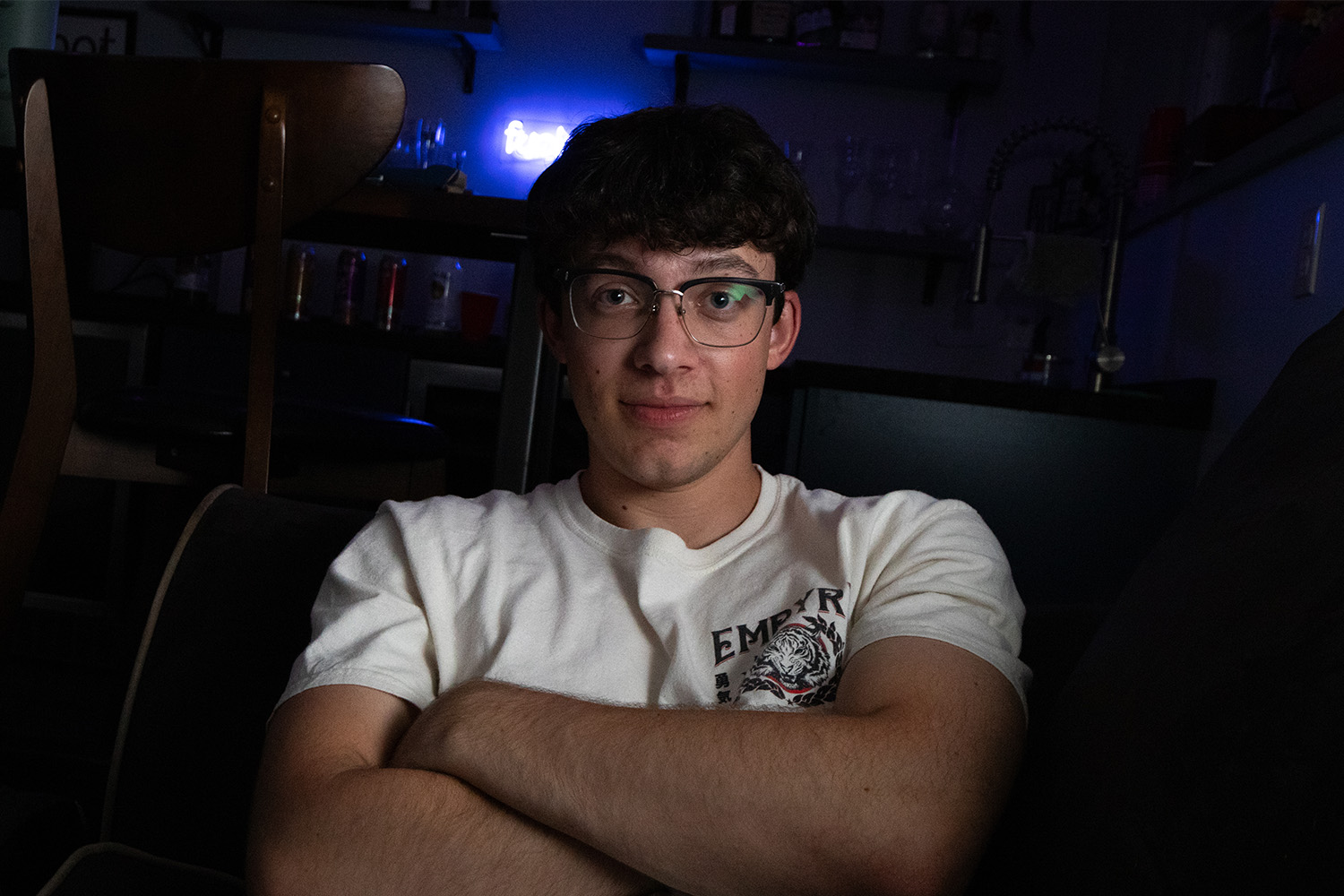In light of recent news, including the shooting of two more black men by police, followed by targeted shootings of police officers, and now the release of an agenda by organizations affiliated with the Black Lives Matter movement, many people have concerns and questions about the racial climate in the U.S.
Researcher Monnica Williams, who recently accepted a faculty appointment in the UConn Department of Psychological Sciences, answered questions for UConn Today about her research on racism, violence, and the resulting impacts on mental health, in particular the mental health of African Americans.
Can you discuss your research and its relevance to current news?
I am currently engaged in several projects with a focus on race and culture, most specifically about African American mental health, although I am also a part of projects examining gender, sexuality, national status, and intersectionality.
My most recent study is a Visionary Grant Award from the American Psychological Foundation titled “Reducing Microaggressions and Promoting Racial Harmony.” The ultimate goal of that study is to develop an intervention to reduce racism by improving cross-race relationships. I also designed an interview to assess for racial stress and trauma, originally as a guide for clinical students to help them ask clients difficult questions about their experiences with racism and relevant constructs such as ethnic identity development and stigma. We are now publishing the interview in English and Spanish to aid clinicians in identifying race-based trauma. Other projects include how African Americans cope with racism, how to manage microaggressions, treating race-based trauma, and how to improve a racially adverse environment.
What effects are experienced (physiological, psychological, etc. …) by those experiencing racism?
Racism continues to be a daily part of American culture, and the experience of discrimination has an overwhelming impact on the oppressed, including a number of negative physiological and mental health outcomes. Correlations between perceived discrimination and symptoms of PTSD have been documented across a number of studies, and minorities have higher rates of PTSD. Negative physical health outcomes include obesity, hypertension, and heart disease, such as one sees from chronic stress. Negative mental health outcomes include depression, anxiety, traumatization, substance abuse, binge eating, and even psychosis. Stigmatized minorities may be further traumatized by familial, historical, or sociopolitical accounts of discrimination or ethnoviolence in their communities; and there is evidence to suggest that even watching news accounts of violence on television can contribute to traumatization, which is particularly relevant to the current African American experience (e.g., media coverage of unarmed Black people being killed by police).
How long do these negative health outcomes last?
The physical and mental heath outcomes can be cumulative and chronic (lifelong).
Do you have suggestions for coping strategies or ways to ease the effects mentioned above?
1) Talk to someone: As a mental health professional, I find that that working through conflicted thoughts and feelings with a therapist can be very healing and help restore one’s sense of inner balance. But support doesn’t have to come from a therapist. Any trusted person can be helpful, such as a family member, a friend, or clergy. The important thing is that they are supportive. If they say, “What’s the big deal?” or “Get over it,” it may do more harm than good. After a long day of fighting the good fight and attempting to hide the raw emotion sparked by these racial tragedies, it is important that we can immerse ourselves within a supportive community.
2) Unplug: Watching these images over and over can lead to emotional numbing, because it is natural to try to distance ourselves from the horrible reality of what is actually happening. Feelings of helplessness may emerge, as the problem seems too big to manage. Additionally, many people with racist feelings often use the cloak of anonymity to spout their hateful rhetoric on the Internet, which can compound distress among those impacted.
3) Self-care: Taking care of ourselves is a way to recharge when our emotional batteries have run out. Some ways people recover are through exercise (to help burn off distress and elevate mood), religious or spiritual practices (e.g., prayer, meditation), seeking distraction from cues of racism (e.g., focusing on family or work), and participating in relaxing activities (e.g. reading, listening to music, massage, etc.)
4) Pro-social activism: It is easy to feel helpless in the face of problems that seem too big to tackle. One way to move forward and make meaning from tragedy is through peaceful activism. This can take the form of public demonstrations, but can also be focused on working for change one person at a time.
Strategies like these are vital for staying sane in a world that at times seems to have gone mad. In some cases, the emotional weight of racism can lead people to engage in negative coping, such as remaining in denial, engaging in substance use, aggression, self-blame – and in extreme cases, suicide (e.g., young Black Lives Matter activist Marshawn McCarrel) and acts of terrorism (e.g., Dallas shooter Micah Johnson). For those trapped in a pattern of maladaptive coping, therapy with a culturally competent clinician would be vital.
Do these strategies change at all with subsequent/repeated exposures such as those in the past two weeks?
I’d say do more of the items listed above, and find ways to reduce other life stressors until the person feels balanced again. If that doesn’t help, medication should be considered.
Do you have advice about how to help children understand and cope with the recent news?
These kind of events can change a child’s whole view of the world. Black children learn very early that ‘the police are not my friends and they kill people like me.’ They come to believe that the world is not a safe place, White people/law enforcement/outsiders can’t be trusted, and that bad things happen at any time. This fear and unpredictability can foster anxiety and subsequent fearful reactions. Parents and other mentors, like teachers, are vital in helping children understand these events. If a child witnesses racial violence (in real life or in the media) without any context, they’ll make up their own story about it, and it won’t be a good one. Kids absorb all of society’s negative stereotypes about Black people and come to believe that because ‘I’m black, I must be a bad person, I’m not a good part of society, I’m supposed to be shot, since I’m worthless.’ It’s vital that parents of Black children give them the sociopolitical history needed to make sense out of these events, so they can understand the bigger picture. They must be taught that it’s not about them as people, but a symptom of our social psychopathology (racial socialization). They must learn racial pride, resilience, and be taught to contribute to the community to bring about positive social change.



